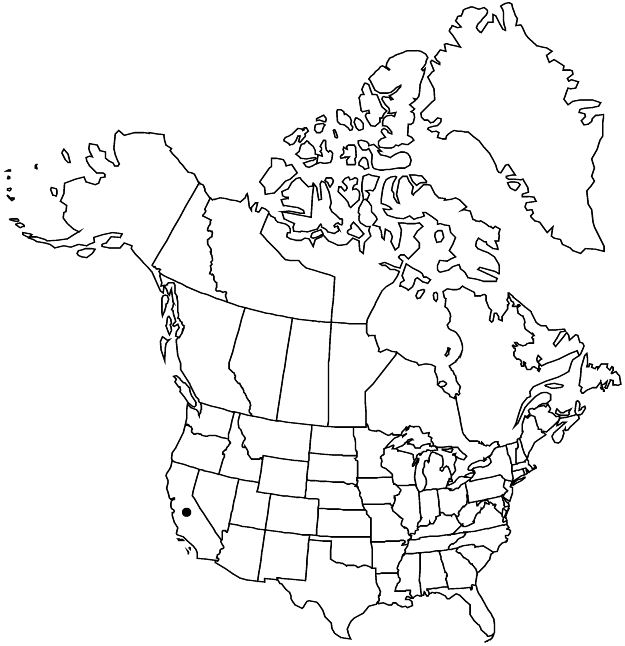Difference between revisions of "Ceanothus ophiochilus"
T. S. Ross & Arnseth, Phytologia 70: 29, figs. 1–4. 1991.
FNA>Volume Importer |
imported>Volume Importer |
||
| (5 intermediate revisions by 2 users not shown) | |||
| Line 41: | Line 41: | ||
-->{{#Taxon: | -->{{#Taxon: | ||
name=Ceanothus ophiochilus | name=Ceanothus ophiochilus | ||
| − | |||
|authority=S. Boyd | |authority=S. Boyd | ||
|rank=species | |rank=species | ||
| Line 56: | Line 55: | ||
|publication year=1991 | |publication year=1991 | ||
|special status=Endemic;Conservation concern | |special status=Endemic;Conservation concern | ||
| − | |source xml=https:// | + | |source xml=https://bitbucket.org/aafc-mbb/fna-data-curation/src/2e0870ddd59836b60bcf96646a41e87ea5a5943a/coarse_grained_fna_xml/V12/V12_200.xml |
|genus=Ceanothus | |genus=Ceanothus | ||
|subgenus=Ceanothus subg. Cerastes | |subgenus=Ceanothus subg. Cerastes | ||
Latest revision as of 20:14, 5 November 2020
Shrubs, 1–2 m. Stems erect to ascending, not rooting at nodes; branchlets reddish brown to gray, terete, ± flexible to rigid, glabrate. Leaves both fascicled and not fascicled on same plant; petiole 0–1 mm; blade folded lengthwise abaxially, narrowly oblanceolate to narrowly obovate, 3–7 × 1–3 mm, base cuneate, margins not revolute, usually entire, rarely denticulate near apex, teeth 1–4, apex obtuse, rounded, or cuspidate, abaxial surface pale green, glabrate, adaxial surface pale to yellowish green, glabrate. Inflorescences axillary or terminal, 0.7–2 cm. Flowers: sepals, petals, and nectary pale blue or pink-tinged. Capsules 3–4 mm wide, not lobed; valves smooth, horns minute or absent, intermediate ridges absent.
Phenology: Flowering Mar–Apr.
Habitat: Rocky soils from deeply weathered gabbro or pyroxene substrates, slopes and ridges, chaparral.
Elevation: 600–700 m.
Discussion
Ceanothus ophiochilus, known only from the northern part of the Palomar Mountains in southwestern Riverside County, is distinctive by having small, more or less terete, fascicled leaves; it is known to hybridize with C. crassifolius at one locality.
Ceanothus ophiochilus is in the Center for Plant Conservation’s National Collection of Endangered Plants.
Selected References
None.
